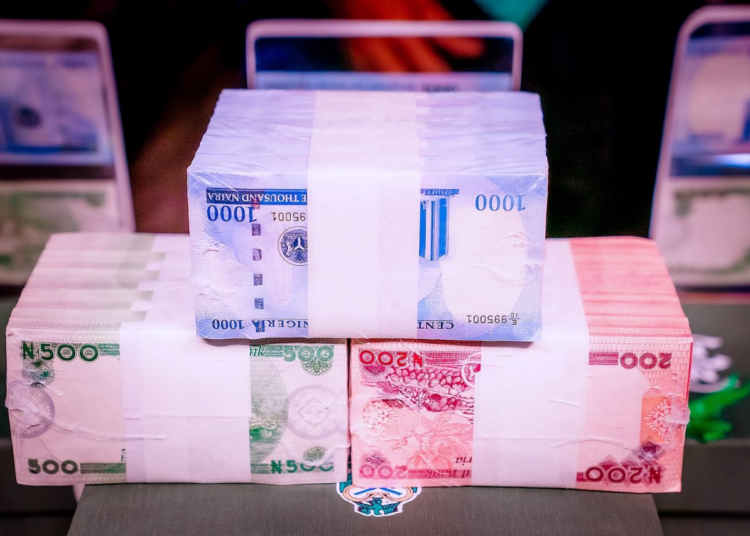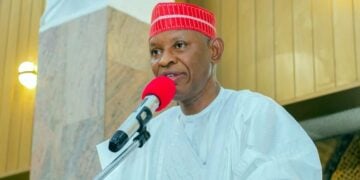Foremost election monitoring body, Yiaga Africa, has expressed concern that the Naira Redesign policy may encourage voters to sell their votes in exchange for the scarce Naira notes.
The major election monitoring body said the current Naira redesign policy aimed at eliminating vote buying on election has resulted in a shortage of cash making it difficult for citizens to meet basic domestic needs.
This was contained in pre-election assessment report by Yiaga, signed by chairman, Watching The Vote Working Group, Yiaga Africa, Dr Hussaini Abdu, and executive director, Yiaga Africa, Samson Itodo.
According to the report, Yiaga Africa commended the political parties and candidates for signing the National Peace Accord, an initiative of the National Peace Committee, headed by the former Head of State, General Abdulsalami Abubakar.
It further called on the parties, and candidates to uphold their commitment in the peace accord and urge party supporters to maintain the peace during and after the elections.
On economic hardship impacting citizens’ participation, the group said, “Barely 48 hours to the Presidential elections, Nigerians are experiencing untold economic hardship caused by the recent scarcity of new naira notes and unending fuel scarcity. This has led to a series of protests in different parts of the country.
“This growing discontent amongst citizens may lead to voter apathy in the form of “protest” which will eventually lead to low voter turnouts. We are also worried that citizens facing these forms of adversities going into the election may be unable to make informed choices at the polls.”
On possible vote trading, the group said, “The current Naira redesign policy aimed at eliminating vote buying on election has resulted in a shortage of cash making it difficult for citizens to meet basic domestic needs.
Yiaga Africa is concerned the negative impact of the policy may encourage voters to sell their votes in exchange for the scarce Naira notes.”
The report further said relocation of voters to new polling units may lead to possible disenfranchisement.
“The mock accreditation revealed that, in an attempt by the Independent National Electoral Commission (INEC) to decongest some of its oversized polling units, the commission relocated voters to new polling units.
“However, voters approached their polling units for mock accreditation before realizing they have been relocated to new polling units. While we commend the commission’s recent efforts by providing information on how voters can identify their polling units, we are concerned that some affected voters may not identify their voting locations on or before election day. Yiaga Africa will constitute panic, agitations and potential disenfranchisement on election day.”
It further added that challenges experienced during mock accreditation have to be addressed.
“Although turnout for the process was low, we commend the Independent National Electoral Commission for conducting a mock accreditation to test the functionality of the Bimodal Voter Accreditation System (BVAS). The commission should urgently address the challenges witnessed during the mock accreditation to ensure the BVAS device functions optimally across the country on election day.”
On security concerns and threats to the conduct of elections, the group said, “All through the pre-election period, security challenges persisted across several locations. Beyond insurgency, banditry and kidnapping, the prevailing security situation leading to the 2023 Presidential election has been exacerbated by the tense political atmosphere.”





